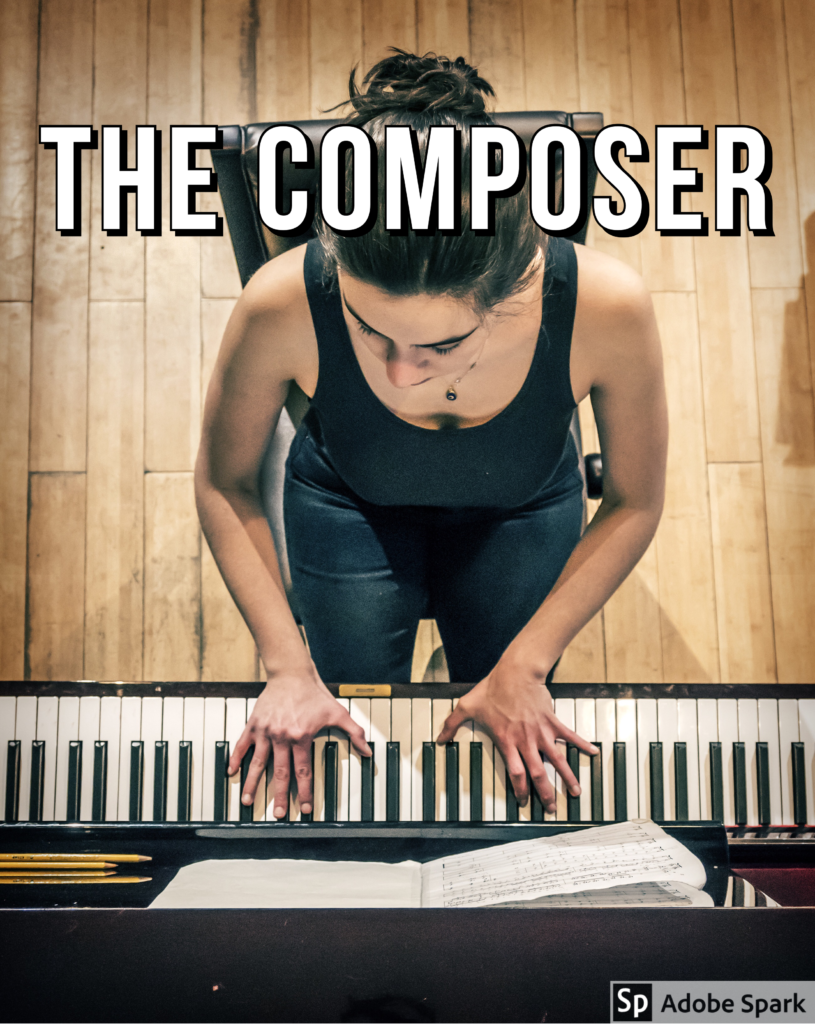
“I had my first piano lesson at 7. My parents were trying to get rid of me, so they enrolled me in after school piano lessons at my elementary school. I liked the music. I related to it emotionally. I was an extremely hyperactive kid and music seemed like a good way to express my emotions. Afterwards I told my parents, ‘I want to go back.’ When I was 10, I met my first serious piano teacher. Genya is Russian, very loving but very tough. She said ‘You’ve been playing wrong and you’re very far behind but I can fix you. I just need three years and you need to work really hard.’ I wanted to be a pianist so badly I didn’t care how many hours I had to practice. It was home from school. Dinner at 3:30. Straight to the piano. Practice four to eight hours. Homework last. I wouldn’t always sleep a lot. I didn’t hang out with people much because I was always practicing. Music was all I had.
I like solo recitals best, but I get extremely nervous. I’m shaking, nauseous. I don’t even wanna go on stage. To keep myself focused, I tell myself a story. For example the piece I’m playing now by the composer Schnittke, is very angular and dance-like, I imagine these weird characters, not really human, maybe circus characters. At the end there’s a climax with lots of cluster chords and very loud sounds. Then it just completely relaxes. I imagine the characters turning to ash, barely alive, trying to stay together. If it’s a good performance, I feel good. At 15, Genya told me, it probably wouldn’t work out for me to be a solo pianist. That’s why I went more into composition. I’ve always loved composition. I composed my first piece at 9 for piano and vibraphone. It was 30 seconds. I can take a situation or a feeling and put music to it. I can take people’s personalities—if they’re super speedy and loud and talk a lot and say weird things—and imitate them in my music. My goal is to get into a college with a great contemporary music program. I’ll probably have to do a lot of non-music-related stuff in order to make my music career work. It’s a little out of my comfort zone but I’m not gonna stop.”
Find Your Road is a NEW SERIES we’re excited to share with you, based on our upcoming book. The book is filled with stories and strategies on how to find work you love that pays the bills.
Follow us on IG @Find.Your.Road_ to join the Find Your Road community.
